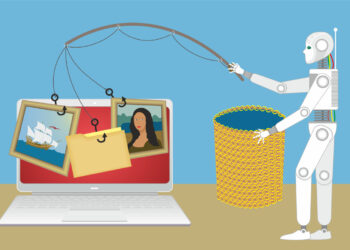The Chronicle of Higher Education recently covered a “noteworthy” copyright case in Florida. Why the air-quotes? The intellectual property at stake is literally class notes, more or less.
A professor who recorded his lecture notes in both written form and audio form (at times), and who assembled the lectures later for Faulkner Press had the materials copyrighted prior to formal distribution. Meanwhile, another company, Class Notes LLC, which pays students to take notes during lectures and then sells these notes to others, published the lectures without permission.
The complaint is fascinating to read. (And please observe the ease with which you, the reader of news, has access to primary material you would never have seen in print — this is becoming a favorite lesson of mine.)
What does this bode for a world in which all media — how we sound, how we look, how we present ourselves, and notes we take — can be published and copyrighted? I am going to give a talk tonight. Should I copyright it?


